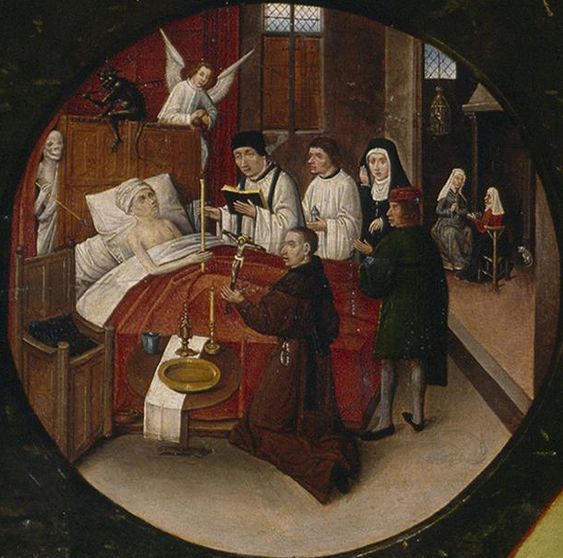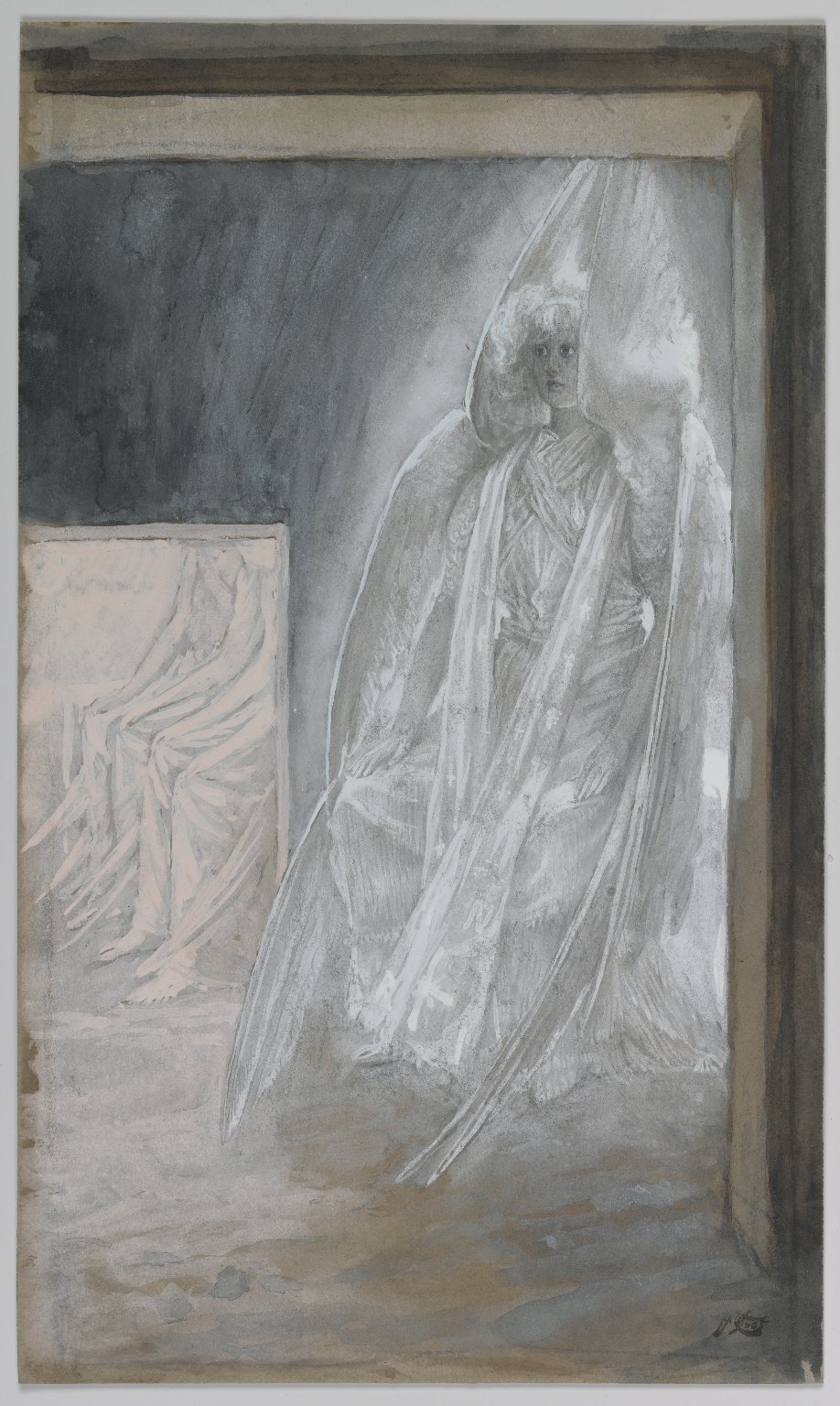The feast of Our Lady of Good Counsel is April 26. Let us pray for the Holy Father.
Holy Virgin, moved by the painful uncertainty we experience in seeking and acquiring the true and the good, we cast ourselves at thy feet and invoke thee under the sweet title of Mother of Good Counsel. We beseech thee: come to our aid at this moment in our worldly sojourn when the twin darknesses of error and of evil that plots our ruin by leading minds and hearts astray.
Seat of Wisdom and Star of the Sea, enlighten the victims of doubt and of error so that they may not be seduced by evil masquerading as good; strengthen them against the hostile and corrupting forces of passion and of sin.
Mother of Good Counsel, obtain for us from thy Divine Son the love of virtue and the strength to choose, in doubtful and difficult situations, the course agreeable to our salvation. Supported by thy hand we shall thus journey without harm along the paths taught us by the word and example of Jesus our Savior, following the Sun of Truth and Justice in freedom and safety across the battlefield of life under the guidance of thy maternal Star, until we come at length to the harbor of salvation to enjoy with thee unalloyed and everlasting peace. Amen.
(By Pope Pius XII, 23 January 1953)
Litany of Our Lady of Good Counsel
Lord, have mercy on us.
Christ, have mercy on us.
Lord, have mercy on us.
Christ, hear us.
Christ, graciously hear us.
God the Father of Heaven, Have mercy on us.
God the Son, Redeemer of the world, Have mercy on us.
God the Holy Ghost, Have mercy on us.
Holy Trinity, One God, Have mercy on us.
Beloved Daughter of the Eternal Father, pray for us.
August Mother of God the Son, pray for us.
Blessed Spouse of God the Holy Ghost, pray for us.
Living temple of the Holy Trinity, pray for us.
Queen of Heaven and earth, pray for us.
Seat of Divine Wisdom, pray for us.
Depositary of the secrets of the Most High, pray for us.
Virgin most prudent, pray for us.
In our doubts and difficulties, pray for us.
In our tribulations and anguish, pray for us.
In our discouragements, pray for us.
In perils and temptations, pray for us.
In all our undertakings, pray for us.
In all our needs, pray for us.
At the hour of death, pray for us.
By thine Immaculate Conception, pray for us.
By thy happy nativity, pray for us.
By thine admirable presentation, pray for us.
By thy glorious Annunciation, pray for us.
By thy charitable Visitation, pray for us.
By thy Divine Maternity, pray for us.
By thy holy Purification, pray for us.
By the sorrows and anguish of thy maternal heart, pray for us.
By thy precious death, pray for us.
By thy triumphant Assumption, pray for us.
Lamb of God, Who takest away the sins of the world, Spare us, O Lord.
Lamb of God, Who takest away the sins of the world, Graciously hear us, O Lord.
Lamb of God, Who takest away the sins of the world, Have mercy on us.
V. Pray for us, O holy Mother of God,
R. And obtain for us the gift of good counsel.
Let Us Pray.
V. Lord Jesus, Author and Dispenser of all good, Who in becoming incarnate in the womb of the Blessed Virgin hast communicated to her lights above those of all the Heavenly intelligences, grant that in honoring her under the title of Our Lady of Good Counsel, we may merit always to receive from her goodness counsels of wisdom and salvation, which will conduct us to the port of a blessed eternity.
R. Amen.





















